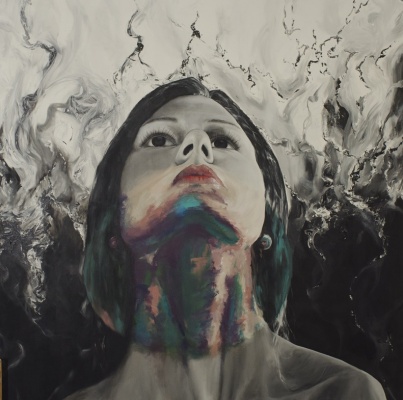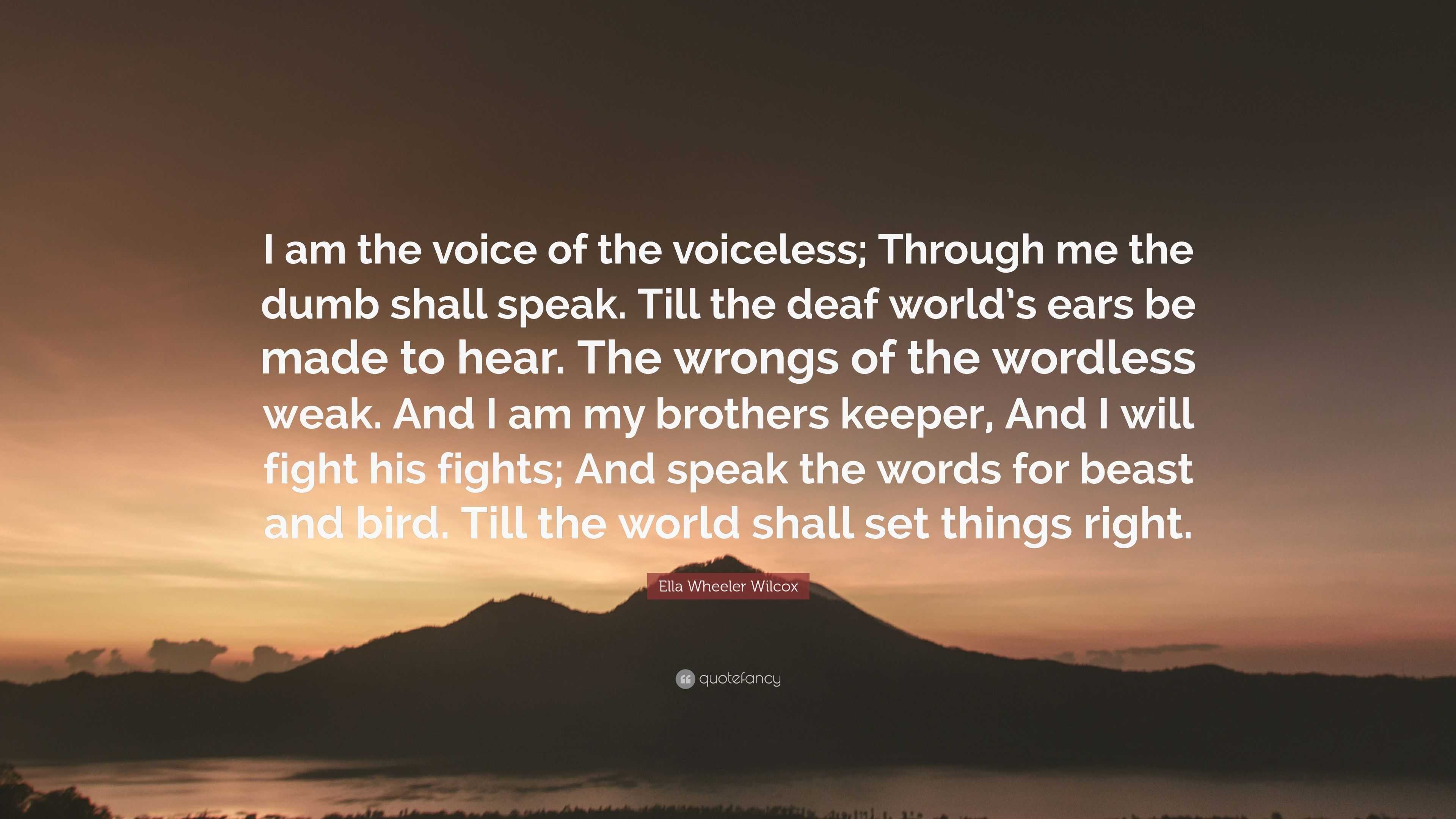

I'm Anishinaabe and I'll never be ashamed of that. The experience released all her pent up shame, resentment and hate. Pelly said she finally found inner peace and sobriety in her 40s, after attending a weekend "inner child" retreat where she clutched a teddy bear, unlocked childhood memories, and used a stick to figuratively beat her perpetrator.
#The voice keeper how to
"You have time to change."įEATURE How to watch and listen to National Day for Truth and Reconciliation on CBC "Don't let your past define you," Pelly told them. They had been incarcerated, or struggled with drugs, or been victims of violence. A candle flickered in the middle of a circle as 14 women hung on her every word. Pelly clutched an eagle feather as she shared this story on a Wednesday night at the Elizabeth Fry Society in Saskatoon. Email our Indigenous-led team investigating the impacts of residential schools at or call toll-free: 1-83.
Do you know of a child who never came home from residential school? Or someone who worked at one? We would like to hear from you. "I was beaten to a pulp where sometimes you couldn't even recognize who I was." "There's a saying, 'Hurt people hurt people," she said. Still, Pelly finished a teaching certificate. Then she married a man who was equally damaged from his years in foster care and residential school. She left the school when she was 13 and turned to alcohol to numb her pain, she said. After she left her husband, she went to university and finished a bachelor of education degree. Pelly earned a teaching certificate before entering a violent marriage. Within a year, she was sexually abused, she said. Pelly was taken to the Catholic-run St Philip's residential school near Yorkton, Sask., when she was six years old. Her mother and father, a residential school survivor and Second World War veteran, would frequently drink and fight. Pelly was born on Nov. 11, 1951, into a family of residential school survivors, many of whom struggled with alcoholism.Īs a child, she said, she would run her hands through her mother's hair and feel scarred bumps on her head where nuns had beaten her with brooms. How a "damaged little girl" from Cote First Nation emerged from her own trauma and became such a revered voice in the province's truth and reconciliation process is a remarkable story of resilience and grace. She focuses much of her time on helping institutions and agencies implement the Truth and Reconciliation Commission's 94 calls to action. Pelly rarely turns down a request for help and works long hours, seven days a week. I'm not wise enough," she said with a chuckle. People use elder, and I don't feel like I quite fit that yet. "I usually like to go by cultural adviser or knowledge keeper. The Anishinaabe grandmother works with 30 organizations. On any given day, the residential school survivor may smudge and tell her story in a sharing circle with gang members or victims of domestic violence, then jump on a Zoom call to provide cultural advice to high-ranking officials from the Saskatoon police service, city hall, the provincial health authority, or the University of Saskatchewan. 
Judy Pelly, 69, is a trusted adviser to some of Saskatoon's most vulnerable people and most powerful institutions. WARNING: This story contains distressing details.






 0 kommentar(er)
0 kommentar(er)
